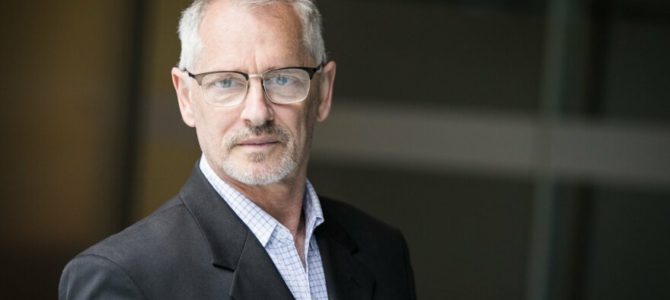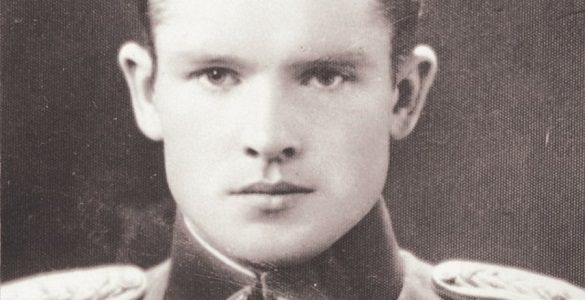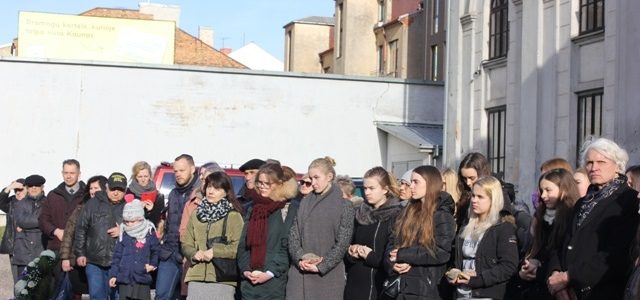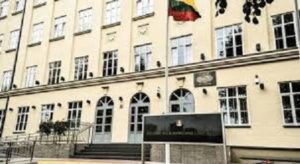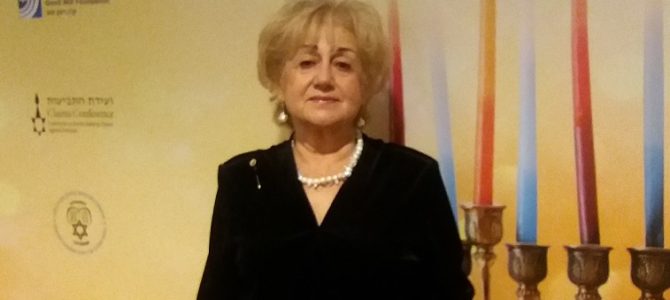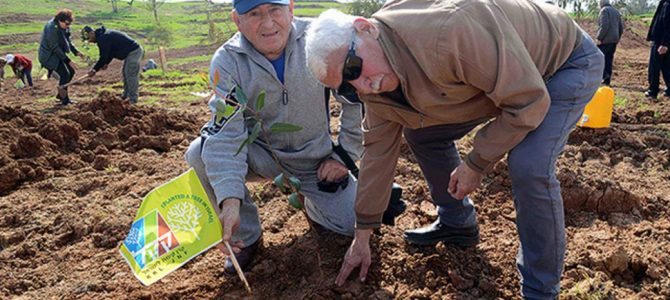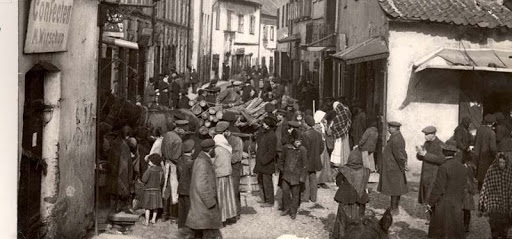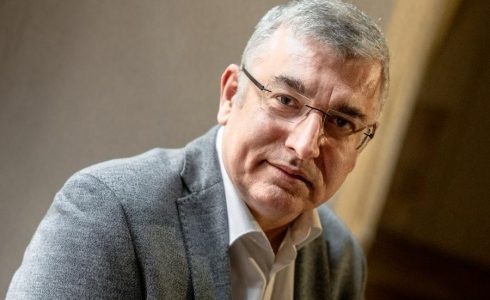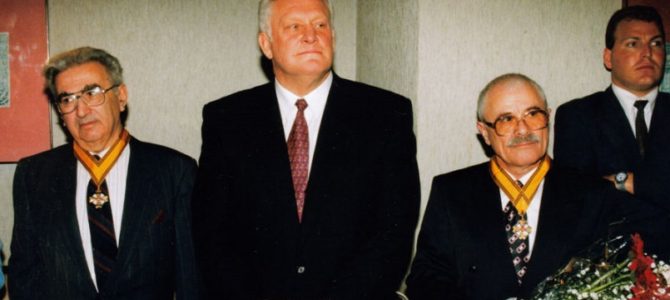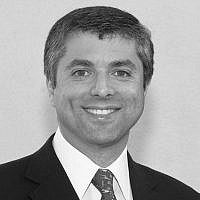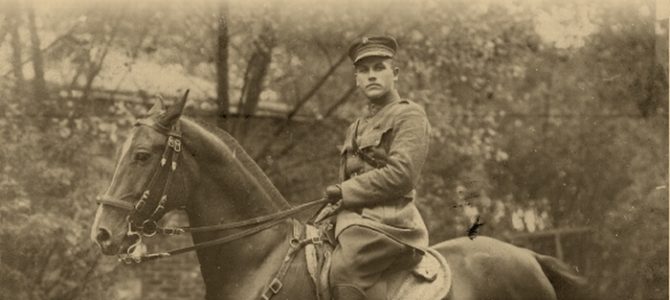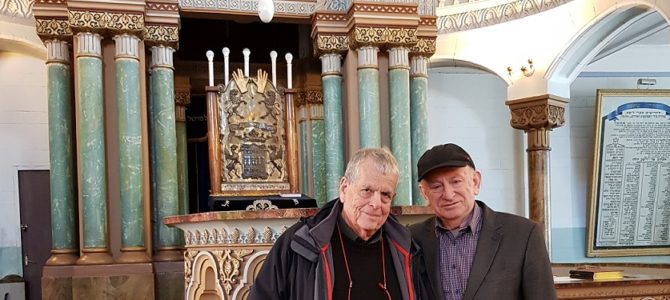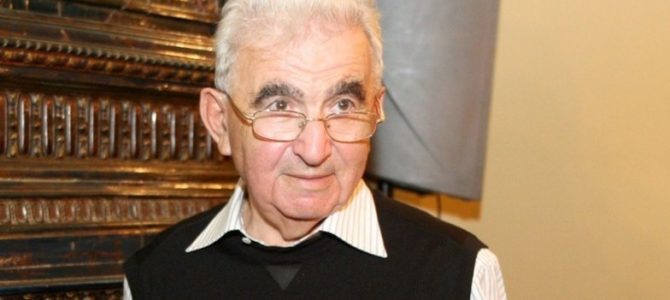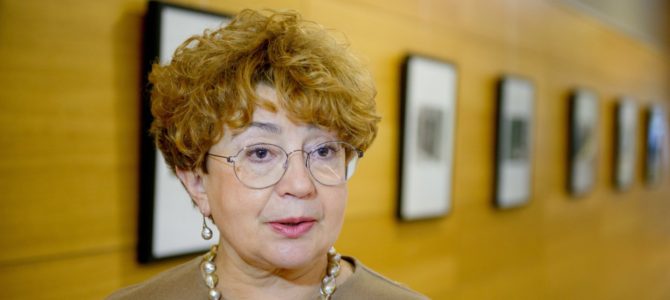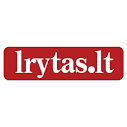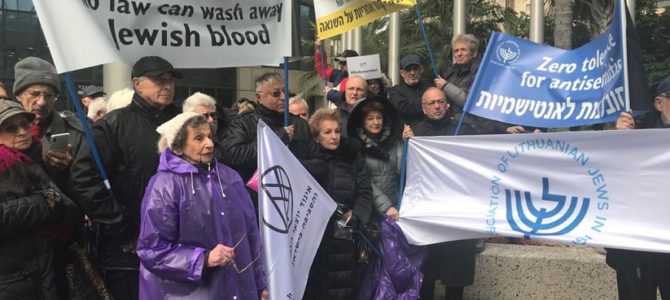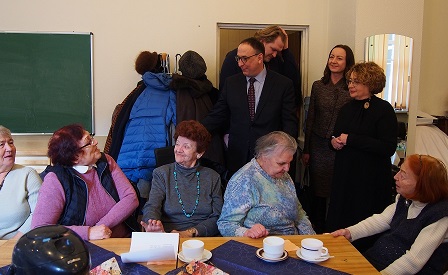by Arkadijus Vinokuras
When the heads of state lack any experience managing crises, panic envelops society. When leaders try to compensate for their lack of ability through dictatorial means, they demonstrate contempt for society. It’s pointless to blame Lithuanian health minister Aurelijus Veryga for changing his directives several times daily. He was appointed by those who have no experience themselves, and who are therefore unable to manage the crisis effectively. It seems they don’t really understand human lives are at stake. And freedom.
On panic. Seeking somehow to demonstrate the abilities he doesn’t have, health minister Veryga even donned military costume. He seems to have wandered into the tragicomic league of Don Quixote by attempting to fight the virus this way. Where you’re not sure whether to laugh or cry. If he had served in the military even at the level of lieutenant, he would know how orders are issued by a military commander. They would be based–and this is the crucial matter–on emergency management scenarios drawn up by the military leadership. But from the very first days of the spread of the virus in Lithuania it was completely clear the Lithuanian Peasants/Green Union Government is not following any emergency management plan.
The minister who has turned himself into a laughing stock with his military uniform should at least understand in a general way that an order by a military commander first indicates the prevailing situation in the theater of war. It indicates the time frame. It also enumerates enemy forces and our own forces, e.g., what we have and what we don’t have. Only then comes the definition of missions.


